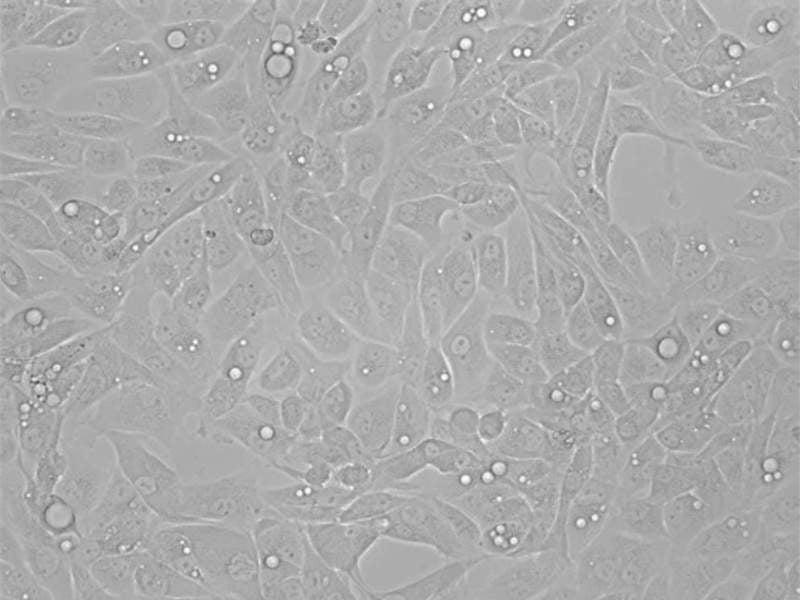

The UK's University of Oxford is set to investigate AstraZeneca’s experimental drug AZD1775 in a new clinical trial for treatment of patients with bowel cancer.
AZD1775 is reported to inhibit WEE1 protein and destroy mutations in cancer cell’s SETD2 gene, which was discovered by Oxford professor Tim Humphrey.

Discover B2B Marketing That Performs
Combine business intelligence and editorial excellence to reach engaged professionals across 36 leading media platforms.
The CRUK/MRC Oxford Institute for Radiation Oncology and scientists at AstraZeneca have worked together to develop a translational potential of a test designed to identify the presence or absence of SETD2 to allow targeted therapy with AZD1775.
CRUK/MRC Oxford Institute for Radiation Oncology professor Tim Maughan said: "It is remarkable to be able to take a discovery in yeast cells through to opening a clinical trial on that evidence in less than two years.
"FOCUS4 was designed with this ability to move forward rapidly with new discoveries and test them in patients whose tumours express the characteristics which are predicted to make them sensitive to the new treatment."
Set to be conducted at 100 hospitals across the country, the new FOCUS4-C trial will be coordinated by the Medical Research Council (MRC) Clinical Trials Unit at University College London.

US Tariffs are shifting - will you react or anticipate?
Don’t let policy changes catch you off guard. Stay proactive with real-time data and expert analysis.
By GlobalDataThe trial will investigate AZD1775 in patients whose tumours do not have a special histone marker, and whose bowel cancer has spread to other organs and is inoperable.
CRUK/MRC Oxford Institute for Radiation Oncology professor Tim Humphrey said: "We are excited to have discovered a new way to specifically kill bowel cancer cells with this mutation.
"To see our work in yeast potentially make a difference to patients in the clinic is very encouraging and shows the value of working together in a larger team of scientists within an institute."
The biomarker-driven trial is expected to use the molecular characteristics of tumours to determine the cancer treatment.
Image: SETD2-deficient kidney cancer cells. Photo: courtesy of Humphrey group/Department of Oncology/University of Oxford.





